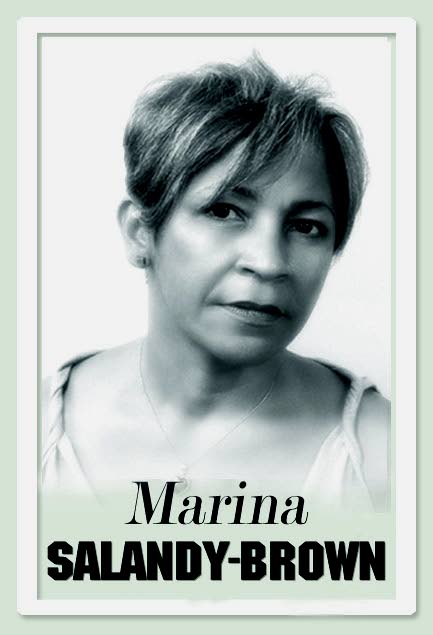No pain like this body

There is something to be said for positive thinking. Scientific research shows that the brain can lead us to better health by producing and releasing the right chemicals in the rest of the body if we send ourselves positive messages. Negative thinking, on the other hand, makes our bodies produce bad chemicals in an attempt to protect itself. These zealous soldiers have the potential to go AWOL and make us seriously ill.
It was with some envy – a vice that I have seldom experienced – that I listened recently to a radio interview with someone who has a very rare genetic condition of being constantly happy.
Each of us has a fixed, different point at which we can manage pain. Some people cannot bear a headache because of its intensity; others can go for days with a headache of the same order of magnitude but without the same response to it because of the level of their pain threshold.
The woman on the radio, who was both lucky and unlucky, could feel no pain, not any pain. On the plus side, she could have a medical intervention, break a limb, smash her finger in a car door and not know it had happened because her capacity for feeling pain is seven times higher than the average person’s. On the negative side, she is usually covered in bruises and burns, as she does not know when she is injuring herself.
The interview did not address the issue of emotional pain, but it would seem to me the reason that she is always happy is that the absence of pain and the fear of pain determine her view of the world. No meditation, prayer or antidepressants to be prescribed for her, because each day is another day in paradise, a world in which she feels safe and unthreatened by physical harm.
It is a great shame that our gene pool in TT is not loaded with that particular one, because we could do with a good dose of it.
Also on the plus side of the enviable medical condition is the fact that she is forgetful. Imagine not being able to remember all the terrible things that have happened, that you have witnessed, all the meanness and hurtfulness of petty-minded and malicious human beings!
The painless one said something that I would like to discuss here. Her perpetual cheerfulness “drives people mad.”
Why should that be? I can guess that if you are fearless you might become less attentive to your surroundings and circumstances and possibly, even, of your existence and that of others. If we are just egos on legs, as Freud suggested, then her probable inability to empathise with the physical fears and emotional insecurities of those around her and their need to draw attention to themselves, often through highlighting their own unhappiness, then she is no fun to have around, grinning teeth and happy smiles notwithstanding.
The truth is that people’s lives are painful, and to varying degrees we relish wallowing in it.
I once had an acquaintance who became a close and constant friend when my marriage was on the rocks. However, as I emerged from that very sad episode of my life, returning to my more usual, optimistic self, her friendship very quickly withered. It is clear that many people thrive on the misfortunes and unhappiness of others, and themselves.
It did not occur to me at the time that she might be depressed, and since misery is often the defining element of depressed people, she may have been unconsciously motivated to find ways of experiencing it as a way of reaffirming who she is. Apparently, depression and low self-esteem are bedfellows, so it may be that depressed people believe they deserve to feel bad, and seek it out.
Our Prime Minister is often trying to cajole the media into good-news stories, but he may not have considered the link between the bad-news story and the chronically depressed state we are in. And, we are not unique; there seems to be global depression. With democracy and political governance in crisis and the rise of the scary extreme right internationally, the growing difficulties of negotiating life in TT, the overweening and increasingly inefficient bureaucracy that only makes corruption worse are all taking their toll, along with the myriad reasons for a deep sense of shame, including failing exams at 11, abusive relationships, a profound sense of powerlessness and hopelessness. How can people be optimistic?
No Pain Like This Body is the title of the extraordinary, classic novel by Trinidadian Harold Sonny Ladoo who was murdered in the 1970s presumably for shaming others. I recommend it as a study in misery: a misery that cloaks us, despite our Carnival and music and apparent cheer.


Comments
"No pain like this body"